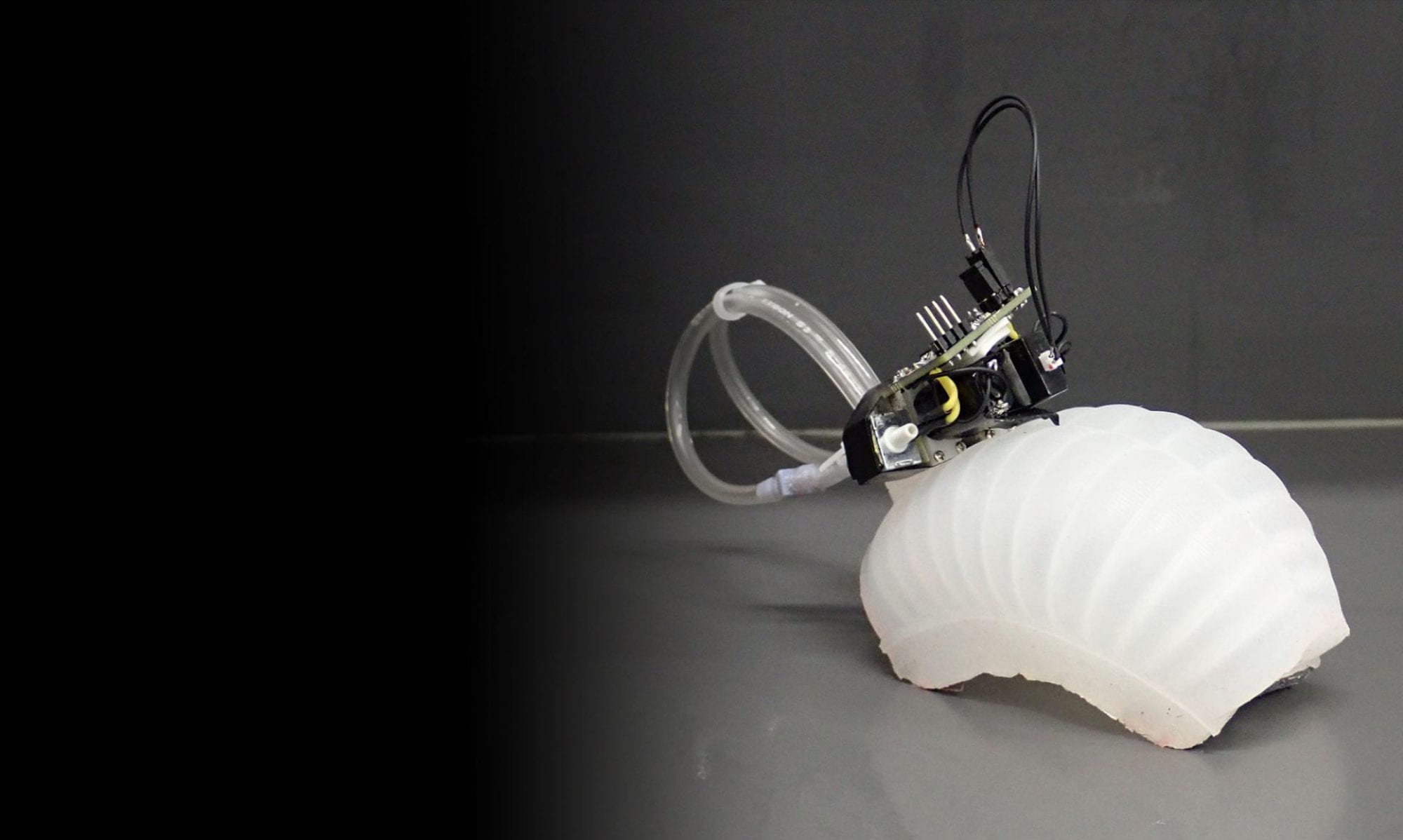Date: 9/15/2022
Speaker: Tesca Fitzgerald
Location: 122 Gates Hall and Zoom
Time: 2:40 p.m.-3:30 p.m.
Abstract:
As our expectations for robots’ adaptive capacities grow, it will be increasingly important for them to reason about the novel objects, tasks, and interactions inherent to everyday life. Rather than attempt to pre-train a robot for all potential task variations it may encounter, we can develop more capable and robust robots by assuming they will inevitably encounter situations that they are initially unprepared to address. My work enables a robot to address these novel situations by learning from a human teacher’s domain knowledge of the task, such as the contextual use of an object or tool. Meeting this challenge requires robots to be flexible not only to novelty, but to different forms of novelty and their varying effects on the robot’s task completion. In this talk, I will focus on (1) the implications of novelty, and its various causes, on the robot’s learning goals, (2) methods for structuring its interaction with the human teacher in order to meet those learning goals, and (3) modeling and learning from interaction-derived training data to address novelty.
Bio:
Dr. Tesca Fitzgerald is an Assistant Professor in the Department of Computer Science at Yale University. Her research is centered around interactive robot learning, with the aim of developing robots that are adaptive, robust, and collaborative when faced with novel situations. Before joining Yale, Dr. Fitzgerald was a Postdoctoral Fellow at Carnegie Mellon University, received her PhD in Computer Science at Georgia Tech, and completed her B.Sc at Portland State University. She is an NSF Graduate Research Fellow (2014), Microsoft Graduate Women Scholar (2014), and IBM Ph.D. Fellow (2017).
